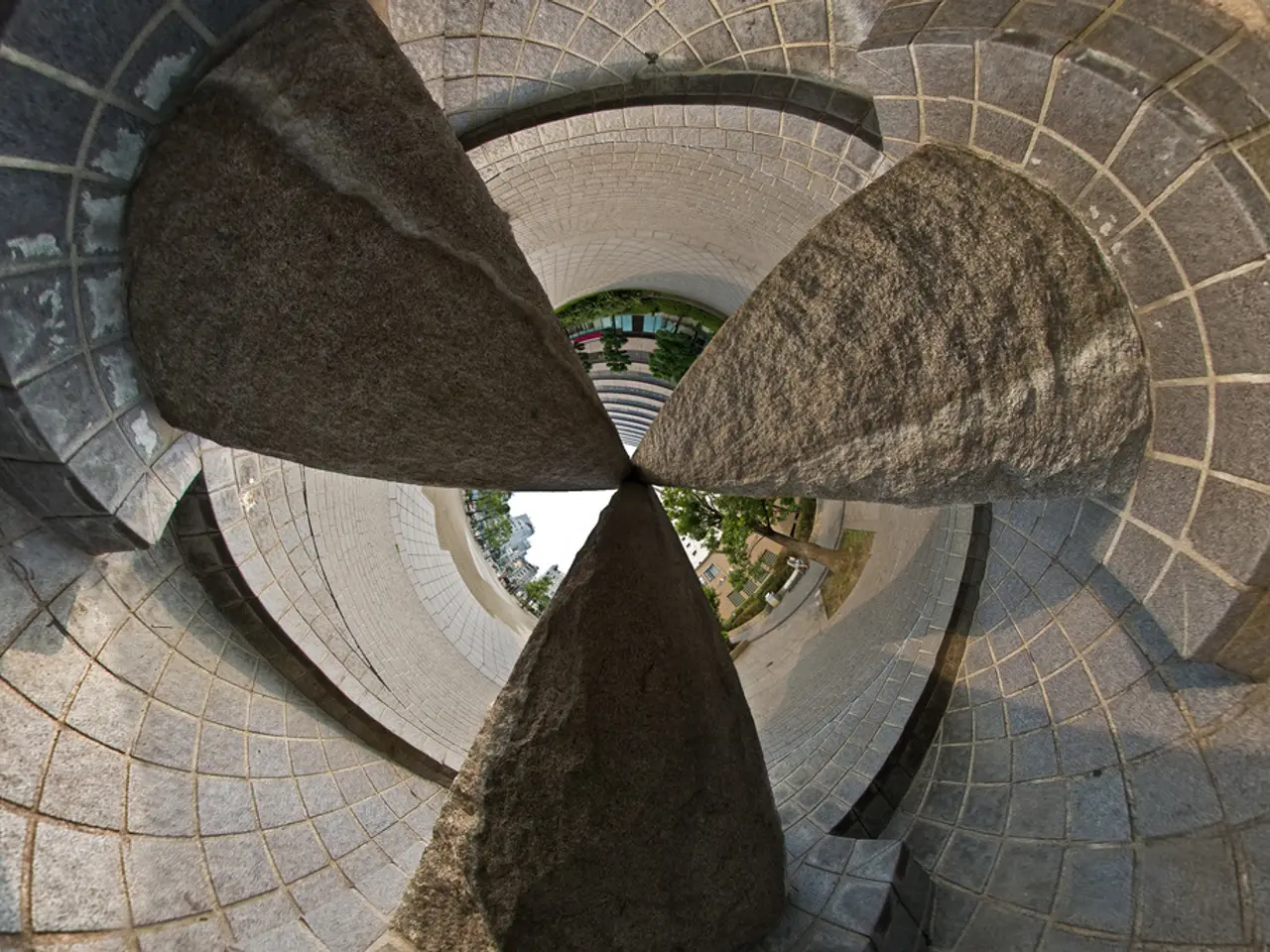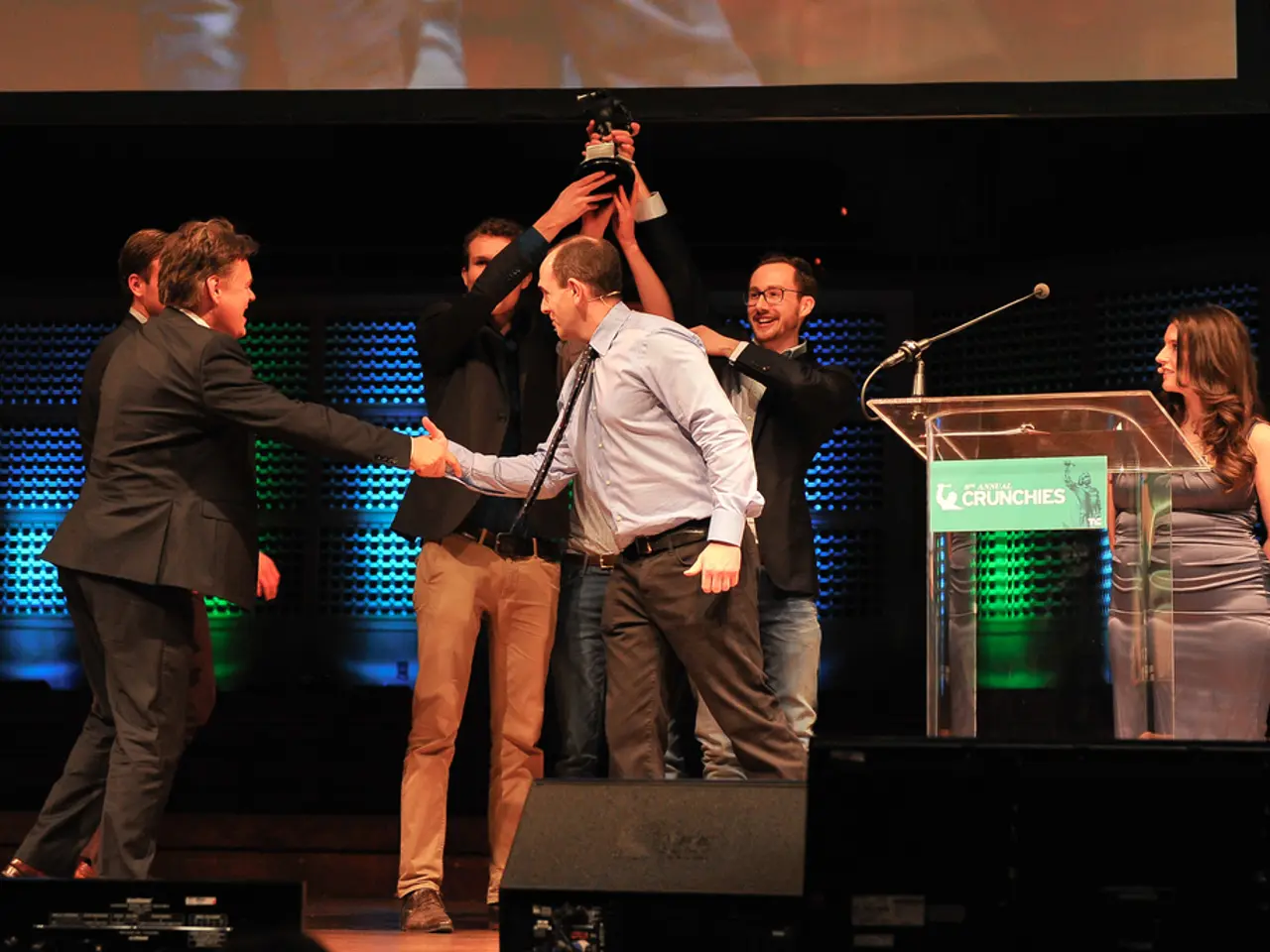Starting point for exploring films by Michael Haneke
Michael Haneke, born in Munich in 1942, marked his feature film debut in 1989 at the age of 47 with "The Seventh Continent." This film, based on a true story he read in the newspaper, marks the beginning of a cinematic journey that doesn't shy away from darkness but asks viewers to look into it with clear eyes.
Haneke's films demand emotional investment and a willingness to confront uncomfortable truths. His work, particularly from the early 2000s, marks a shift towards social and political critique. "Cache," for instance, explores the collective guilt of a nation and the resurfacing of the past.
"Cache" follows a Parisian couple who receive anonymous videotapes showing surveillance footage of their home. The mystery in "Cache" reveals disturbing truths about Georges' childhood and France's violent colonial past. This film, along with "The Piano Teacher" and "The Seventh Continent," are recommended starting points for new viewers.
"The Piano Teacher," based on a novel by Nobel-winner Elfriede Jelinek, explores sexual repression, control, and desire. Isabelle Huppert's performance in the film is extraordinary, earning her critical acclaim.
For a beginner, starting with "Funny Games" (1997) could be a strong introductory film due to its intense and provocative storytelling. This film, which showcases Haneke’s exploration of violence and media, could provide a solid foundation for understanding his style and themes.
After "Funny Games," moving to "The Piano Teacher" and then "The Seventh Continent" could be a natural next step. These films offer a glimpse into Haneke's early thematic interests and provide a smooth transition into his later works.
It's important to note that Haneke's cinema can be challenging for new viewers due to its slow pace and ambiguity. Films like "Benny's Video" (1992) and "Time of the Wolf" (2003) are often recommended as more challenging entries in his filmography.
Before making films, Haneke worked in television and theatre. His fixation on media, detachment, and the erosion of moral boundaries is evident in films like "Benny's Video," which showcases these themes in a chilling manner.
"Benny's Video" is one of the last films not recommended as a starting point for Haneke’s films. However, for those ready to delve deeper into his work, it offers a compelling exploration of these themes.
In conclusion, Michael Haneke's cinema is a journey that invites viewers to confront uncomfortable truths, explore dark themes, and question societal norms. Whether you're a seasoned film enthusiast or a newcomer to his work, his films offer a unique and thought-provoking cinematic experience.
Michael Haneke's work spans across movies and television, showcasing his expertise in both mediums. His body of work, from "Funny Games" to "Benny's Video," is a treasure trove of entertainment that delves into dark themes and challenges its viewers.








